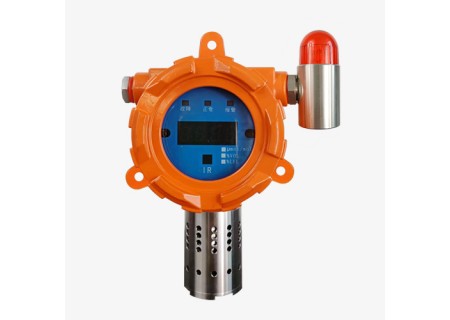Alcohol sensors in cars

Today's automotive technology is developing rapidly. In order to improve the performance, safety and environmental protection of vehicles, various advanced sensors are widely used. Among them, alcohol sensors, as an important technology, play a key role in ensuring the safety of drivers and pedestrians.
Introduction to Alcohol sensors in cars
Alcohol sensors in cars, as the name suggests, are devices used to detect whether a car driver is in a drunken state. It uses advanced technology to detect the presence of alcohol in the air inside the vehicle. Once it detects an alcohol concentration that exceeds the safe range, it will trigger the alarm system or limit the start of the vehicle. This technology plays an important role in improving road safety and reducing drunk driving in traffic accidents.
How Alcohol sensors in cars work
There are many working principles of alcohol sensors, but one of the main working principles is the use of Electrochemical gas sensor technology. This technology uses specific chemical reactions to detect alcohol levels in the air. Sensors typically contain specific materials or chemicals that react in a specific way when alcohol is present in the air, producing a signal that can be measured. This signal is captured by sensors and converted into digital data, which is then processed by the vehicle’s electronic control unit.
Alcohol sensors in carsApplication
The application of alcohol sensors is not limited to the field of private cars, but is also widely used in public transportation and commercial vehicles. For example, taxis and buses are often equipped with alcohol sensors to ensure that drivers remain sober while working. In addition, laws in some countries require commercial vehicles to be equipped with alcohol sensors to ensure that drivers are not drinking while on the job.
Alcohol sensors in cars limit challenge
Although alcohol sensors play a positive role in improving road safety, they do have some limitations and challenges. Sensor accuracy and sensitivity are a critical issue, as they need to accurately detect alcohol at extremely low alcohol concentrations. In addition, the cost and maintenance of sensors are also considerations, especially for commercial vehicles used on a large scale.
As technology continues to advance, alcohol sensor technology is also evolving. New materials, more advanced algorithms and more sophisticated manufacturing processes are expected to improve sensor performance and reliability. In the future, we can expect to see smarter and more efficient alcohol sensors, which will continue to play an important role in the automotive field, promoting road safety and reducing the problem of drunk driving.
In general, alcohol sensors, as an important part of automobile safety technology, play an irreplaceable role in preventing drunk driving and ensuring the safety of drivers and pedestrians. With the continuous advancement and innovation of technology, alcohol sensors will continue to develop and contribute to building a safer and smarter traffic environment.







-450x320.jpg)
-450x320.jpg)
-450x320.jpg)
-450x320.jpg)
